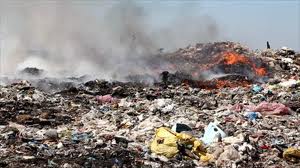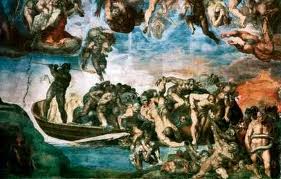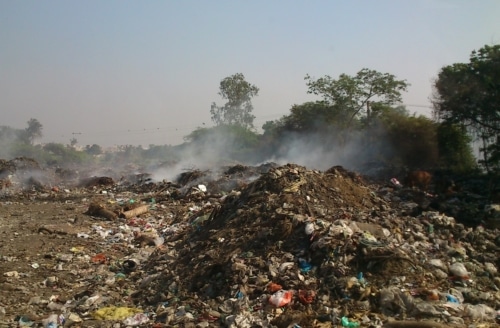One of the primary words of Jesus that is translated as hell in many translations is Gehenna. In fact, there are only two occasions in the NIV New Testament where the word hell is something other than Gehenna; Luke 16:23 with the parable of Lazarus and the rich man; and 2 Peter 2:4, discussing the destination of the fallen angels. So I thought it might be interesting to look a bit more closely at Gehenna. What was it in Jesus’ day? And what does he say about it?
Estimated reading time: 3 minutes
Table of contents
What is Gehenna?
Not much appears to actually be known about Gehenna, or Valley of the Son of Hinnom. The Old Testament identifies it as a place of idol worship and is likely synonymous with Topheth. There is some thought that it served as a garbage dump in the time of Jesus. But that is not known for sure and is debatable. The assumption that it had become a garbage dump does have some appeal, though. It was a place of defilement. Where some of the kings of Judah practiced idolatry and child sacrifice.

I spent a few years in Sicily while I was in the Navy. Part of my commute every day was past the garbage dump below the town of Misterbianco. This dump was in the process of filling in the valley alongside the road I traveled on. The place was always smoking from the fires that smoldered there. And the number of flies swarming the place was truly amazing. I can’t imagine how many maggots must have been happily dining on whatever was thrown into the dump from passing cars.
Jesus and Gehenna
Jesus describes Gehenna as a place where the wicked are cast (Matt 23:33). A place where body and soul are destroyed (Matt 10:28). And a place where the fire never goes out and the worm does not die (Mark 9:42-48). How like the Misterbianco dump: a place where refuse is tossed; a place that destroys whatever is cast into it; a place where the fires burn continuously; and a place where maggots and other decomposers are continuously at work.

But I find it interesting that nowhere in Jesus’ description of Gehenna is the idea that the garbage cast into the dump will survive the fire and worms. On the contrary, what is cast into the dump is destroyed. The fire and worms will always be available to consume whatever garbage is thrown into the dump.
Annihilation
In fact, apart from a couple of passages in Revelation, writing filled with symbolism, I can find nothing in the New Testament to support the traditional view of hell. A place of eternal conscious torment for unbelievers. Rather it appears to be a place where unbelievers are completely destroyed, or annihilated. I realize this is contrary to the more traditional view. And I am open to correction here. But I just don’t see eternal torture in the New Testament.
Disclaimer
The views expressed here are solely mine and do not necessarily reflect those of any other person, group, or organization. While I believe they reflect the teachings of the Bible, I am a fallible human and subject to misunderstanding. Please feel free to leave any comments or questions about this post in the comments section below. I am always interested in your feedback.
If you have found value in this post, please consider subscribing to A Clay Jar so that you don’t miss any other posts.

